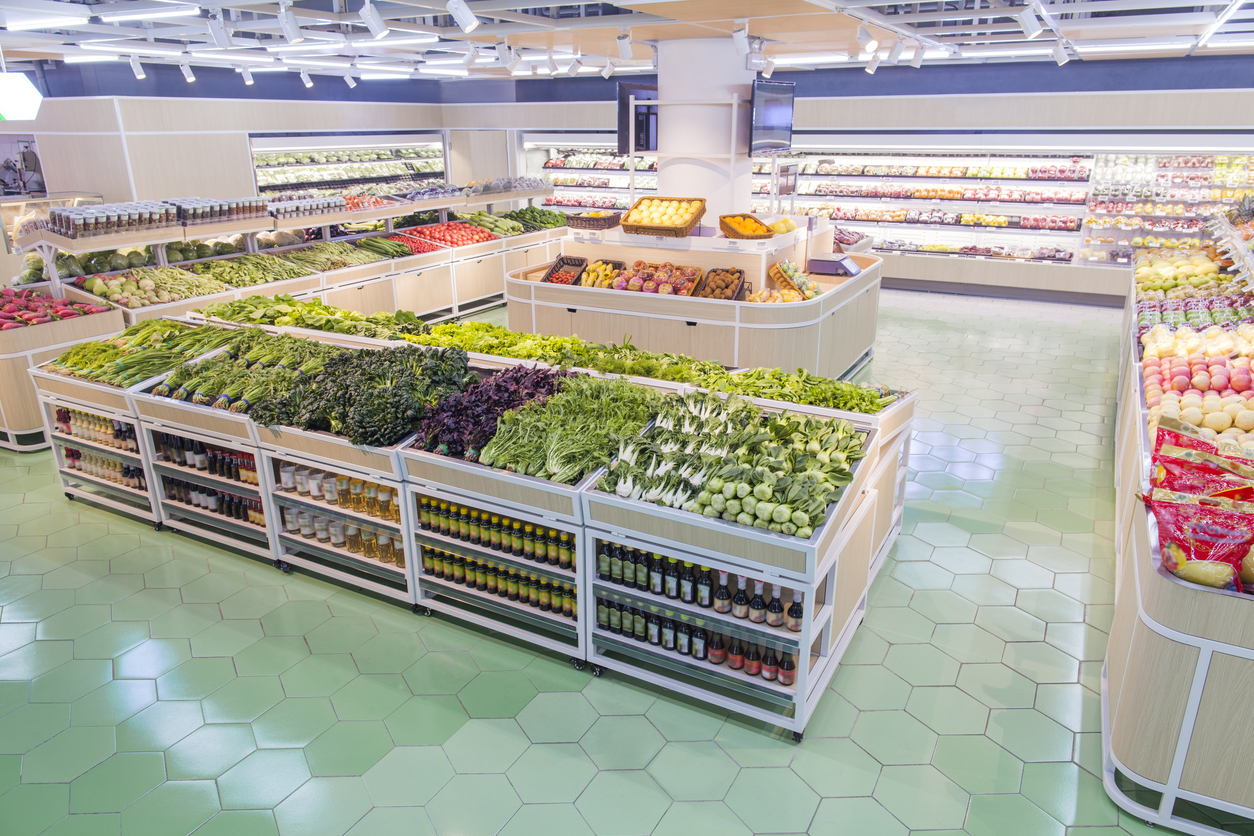-
What are natural refrigerants?
Natural refrigerants, like propane, ammonia, and carbon dioxide, occur naturally in the environment, making them a more sustainable cooling option. They have zero ozone depletion potential and minimal global warming impact. Since they don’t require energy-intensive production, they reduce environmental strain. These refrigerants also improve energy efficiency and lower maintenance costs. Using them ensures a more sustainable and future-proof cooling system.
-
What types of natural refrigerants do you offer?
At Climate Pros, we specialize in natural refrigerants like propane and carbon dioxide (CO₂) to deliver sustainable and energy-efficient cooling solutions. These environmentally friendly options help reduce greenhouse gas emissions while maintaining high performance for retail stores, supermarkets, medical facilities, and cold storage businesses. By using propane and CO₂, we provide our customers with reliable, future-proof refrigeration systems that support both operational efficiency and environmental responsibility.
-
What is the difference between natural and synthetic refrigerants?
Natural refrigerants, like ammonia, propane, and carbon dioxide (CO₂), are substances found in nature, making them more environmentally friendly and energy-efficient. They have minimal global warming potential and zero ozone depletion potential.
In contrast, synthetic refrigerants—such as chlorofluorocarbons (CFCs), hydrofluorocarbons (HFCs), and hydrochlorofluorocarbons (HCFCs)—are man-made chemicals that can contribute to ozone layer depletion and climate change. As sustainability becomes a priority, industries are increasingly adopting natural refrigerants for their lower environmental impact and long-term efficiency.
-
What are the benefits of using natural over synthetic refrigerants?
Natural refrigerants offer several advantages over synthetic options like Freon, which are less efficient and being phased out due to environmental concerns. They allow refrigeration and air conditioning systems to operate more efficiently, reducing energy consumption and overall costs. Because natural refrigerants perform better in high temperatures, they lower the strain on equipment, leading to fewer repairs and extended system lifespan.
Businesses can cut heating and cooling costs by up to 38% while also making a more sustainable choice. As synthetic refrigerants are gradually banned, switching to natural alternatives is a smart, future-proof investment.
-
How does the use of natural refrigerants improve energy efficiency for my commercial refrigeration units?
Natural refrigerants improve energy efficiency by allowing your commercial refrigeration units to operate more effectively, especially in high-temperature conditions.
They have superior thermodynamic properties, meaning they transfer heat more efficiently and reduce the workload on your system. This leads to lower energy consumption, reduced strain on components, and decreased maintenance costs. By using natural refrigerants like CO₂ and propane, businesses can cut energy expenses while extending the lifespan of their refrigeration equipment, making operations both cost-effective and sustainable.



